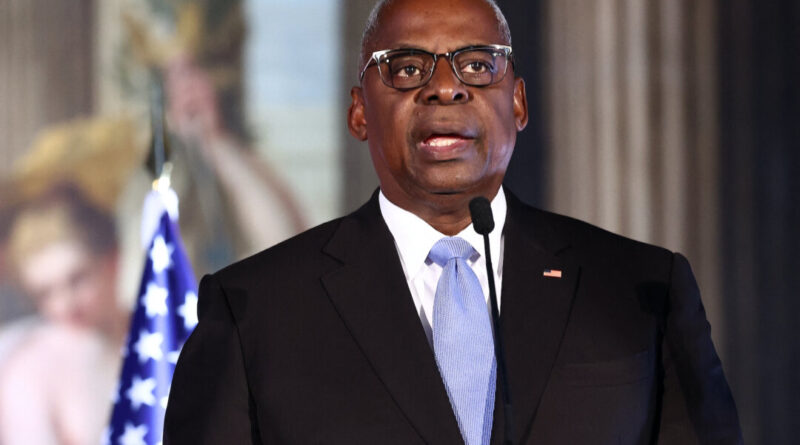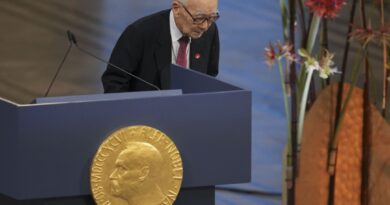Focus on Defense Cooperation Agreement During Austin’s Visit to Fiji
Austin announced that the U.S. government is prepared to offer $4.9 million to assist in Fiji’s military modernization, pending approval from Congress.
Initiating negotiations, the United States and Fiji are working towards an agreement to facilitate “military-to-military engagements” between the two nations, revealed U.S. Defense Secretary Lloyd Austin on Nov. 22.
Upon finalization, the agreement, termed a Status of Forces Agreement (SOFA), will enhance defense collaboration between the U.S. and Fiji through increased military exercises, as confirmed by the Pentagon chief.
Following a meeting with Fijian Prime Minister Sitiveni Rabuka on the same day, Austin made these statements. This visit by Austin marked the first-ever by a U.S. defense secretary to the Pacific island nation.
The SOFA serves as a legal pact outlining the terms under which American troops can operate in a foreign country.
Addressing reporters in Fiji, Austin stated that the SOFA would enable American troops to deploy and redeploy forces to support Fiji and engage in regular training with the Fijian army.
“I anticipate conducting training rotations whenever feasible,” he added.
Austin clarified that there are no plans to establish a permanent U.S. military base in Fiji.
Additionally, the two nations have signed an agreement to strengthen bilateral logistics cooperation, allowing the U.S. to provide fuel and medical supplies to Fiji in times of emergency.
According to a Pentagon fact sheet, the U.S. government will also offer $4.9 million in foreign military financing to support Fiji’s military modernization, pending approval from Congress.
“The Indo-Pacific is our top priority region,” explained the Pentagon chief. “Strengthening our partnerships with Fiji and other Pacific island nations is crucial for a free and open Indo-Pacific.”
Rabuka hailed the United States as “one of our longstanding defense partners” and expressed anticipation for continued collaboration with the U.S. government, including the incoming Trump administration.
The Fijian leader described Austin’s visit as “a historic moment” in U.S.-Fiji security relations.
“We hope this does not signal turbulent times ahead,” he shared with reporters. “Our focus is on peace and how we can preserve, protect, and promote it.”
Geopolitical competition in the Pacific has escalated since China’s military agreement with the Solomon Islands last year, raising concerns among Pacific nations that the Chinese Communist Party (CCP) could deploy troops and weapons in the region.
In March, the Fijian government announced the removal of Chinese officers from Fiji, citing differences in legal systems and policing methods, while maintaining a police cooperation agreement with the CCP.
The police cooperation agreement was established with China’s Ministry of Public Security in 2011, encompassing training for Fijian police officers in China and the assignment of senior Chinese police personnel in Fiji.
Nina Nguyen contributed to this report.





